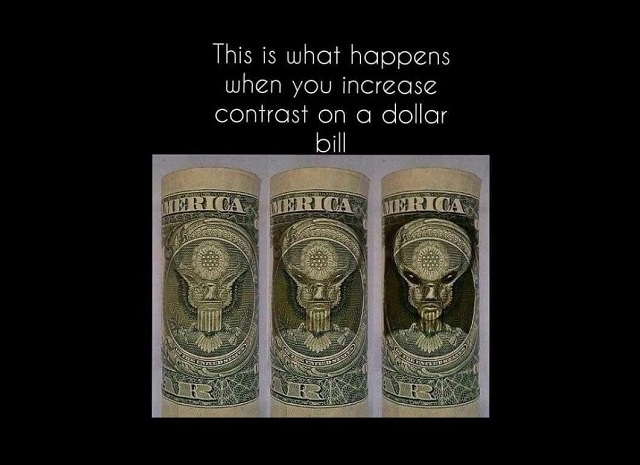Lets’ see… with this tax people who live in rural areas (Red States) will be taxed excessively as many have to drive numerous miles to go to work and to buy groceries or any kind of supplies.
Legislation like this along with all the changes we have see over the last several months are readying this once great country for a Second American Revolution. We have fought to make this country free and we will have to do so again. Just a word of advice to all that cherish freedom and still love this country; keep your guns ready and tell Obama he can keep his “Change”.
The year is 2020 and the gasoline tax is history. In its place you get a monthly tax bill based on each mile you drove — tracked by a Global Positioning System device in your car and uploaded to a billing center.
What once was science fiction is being field-tested by the University of Iowa to iron out the wrinkles should a by-the-mile road tax ever be enacted.
Besides the technological advances making such a tax possible, the idea is getting a hard push from a growing number of transportation experts and officials. That is because the traditional by-the-gallon fuel tax, struggling to keep up with road building and maintenance demands, could fall even farther behind as vehicles’ gas mileage rises and more alternative-fuel vehicles come on line.
The idea of shifting to a by-the-mile tax has been discussed for years, but it now appears to be getting more serious attention. A federal commission, after a two-year study, concluded earlier this year that the road tax was the “best path forward” to keep revenues flowing to highway and transportation projects, and could be an important new tool to help manage traffic and relieve congestion.
The decision by the 15-member National Surface Transportation Infrastructure Financing Commission was unanimous, which surprised Robert Atkinson, the group’s chairman. But he said it became clear as the commission’s work progressed that a road tax on miles traveled was the best option.
“If you’re committed to the system being improved then it was a no-brainer,” he said.
The commission pegged 2020 as the year for the federal fuel tax, currently 18.5 cents a gallon, to be phased out and replaced by a road tax. One estimate of a road tax that would cover the current federal and state fuel taxes is 1 to 2 cents per mile for cars and light trucks.
The commission said work needed to start soon to prepare for a road tax. But more work has already been done than most people probably realize.
Oregon did a field test in 2007, concluding it was possible to collect a road tax. The University of Iowa’s Public Policy Center — with support from the Federal Highway Administration and 15 states, including Kansas and Missouri — began work a decade ago on how a road tax could be deployed.
Now the University of Iowa, with the help of a $16 million federal grant, is beginning the field test that will eventually include 2,700 vehicles in six states. The vehicles equipped with computers and GPS devices will keep track of the miles traveled and send the data through wireless technology to a billing center that will compute “simulated” tax bills.
“There is a lot of work nationally going on that is beneath the surface,” said Pete Rahn, director of the Missouri Department of Transportation.
Missouri, like the federal government and other states, has been watching revenues from the gas tax decline. Last year that revenue was down more than 3 percent, and so far this year it has declined a similar amount. The state’s highway budget was about to “hit the rocks,” he said, but federal stimulus funds gave it some breathing room.
Even when the economy recovers, the gas tax will remain under pressure.
“The Chevrolet Volt won’t pay a penny of fuel tax,” Rahn said of the electric car that will make its debut next year.
Rahn, past president of the American Association of State Highway and Transportation Officials, said some states have considered implementing a road tax without waiting for the federal government to act, but a national system would probably work best.



Not to be argumentative, because I agree with the overall concept of your argument here. But at the very beginning of this article, you state that with a by-the-mile tax vs fuel tax, people living in rural areas would be excessively taxed because of having to drive further. Well, aren’t they already “taxed excessively” by your line of thinking? I mean, they have to drive further already, hence they consume more fuel, hence they pay more in fuel taxes than people who have only to drive down the street for groceries and the like. And on top of that, generally speaking, people in rural areas are more likely to have less fuel efficient vehicles, therefor consuming even *more* fuel and paying even *more* in fuel tax. So, if we were to change to a by-the-mile tax, wouldn’t it actually benefit those who live in rural areas? Again, not trying to be argumentative, because in the end I agree with you. This is just something that occurred to me and I thought I would pass it along to you. ;)